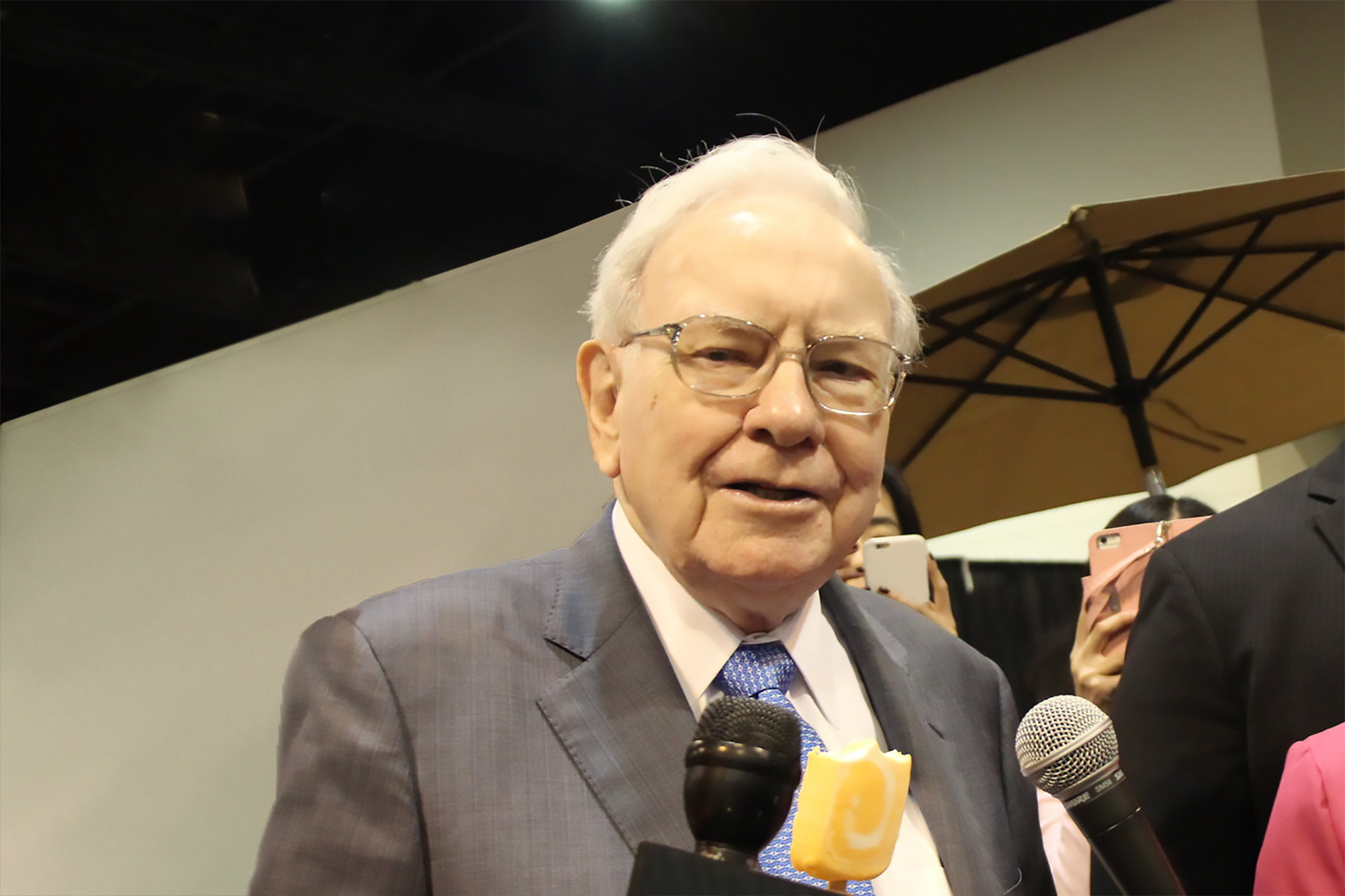After another quarter of making deals and growing the business, Total's (TOT +0.00%) management and board signaled that they are satisfied enough with the company's progress over the past few years. Now, the oil and gas company is looking to shift gears from capital investment to returning capital to shareholders in a significant way.
Let's take a look at Total's most recent financial performance, what moves management made in the fourth quarter, and why it is confident enough in its new position in the energy world that it can start throwing off cash to its investors.
By the numbers
| Metric | Q4 2017 | Q3 2017 | Q4 2016 |
|---|---|---|---|
| Revenue | $47.35 billion | $43.04 billion | $42.27 billion |
| Net income | $1.02 billion | $2.76 billion | $548 million |
| EPS | $0.37 | $1.06 | $0.20 |
| Cash flow from operations | $8.61 billion | $4.36 billion | $7.02 billion |
Data source: Total earnings release. EPS = Earnings per share.
After several quarters of earnings growth, Total's net income result of $1 billion seems a bit off when you consider that oil prices rose significantly in the fourth quarter and the company increased production. The reason for the net income slide was because of $1.8 billion in various charges and impairments that were nonexistent in the third quarter. On an adjusted basis, fourth-quarter earnings were $2.9 billion.
The other number here that looks a little out of whack is that massive increase in cash flow from operations. That benefited from a reduction in working capital -- something that commonly happens in the fourth quarter at Total. Even when we discount this working capital drawdown, it was another great quarter of cash flow.
While all of the company's business segments performed admirably, it was unsurprisingly its exploration and production segment that carried the quarter with an $800 million increase from the prior year. This helped offset the reduction in earnings in the refining and chemicals segment, which suffered from rising prices and smaller refining margins.

Data source: Total earnings release. Chart by author.
The highlights
- Total production for the quarter increased 6% year over year to 2.61 million barrels of oil equivalent per day. The uptick came from continued ramp-ups at several existing projects, as well as first oil and gas from Yamal LNG in Russia, the Libra field off the coast of Brazil, and the Fort Hills oil sands facility in Canada. Ramp-up at these three facilities should continue into the current quarter. This is also before the company closes its deal for Maersk's oil and gas assets, which should happen this quarter.
- The company continued to do some wheeling and dealing in the fourth quarter as it acquired all of French power company Engie's liquefied natural gas assets for $1.49 billion. The acquisition makes Total the second largest LNG producer and trader behind Royal Dutch Shell.
- To fund that Engie deal, the company offloaded its interest in two prospective offshore fields to Statoil for $1.45 billion.
- It also increased the footprint of its gas, renewables, and power segment by launching a residential gas and electricity service in France.
- High levels of cash generation in the quarter lowered the company's net debt-to-capital ratio to 12.1%, the lowest among the big oil companies.
- Thanks to its now low debt levels and strong cash flow generation, Total's board of directors has elected to increase the company's dividend and authorized a share-repurchase program. Under this plan, Total intends to grow its dividend by 10% between now and 2020 and repurchase about $5 billion in shares on top of share repurchases to offset dilution from scrip dividends and stock-based compensation.

Image source: Getty Images.
What management had to say
CEO Patrick Pouyanne gave a quick recap of the company's strategic plan that has been in place, and explained how it has profoundly benefited the company and how it has given management the flexibility to start a shareholder-return program:
The strategy implemented since 2015 has enabled the Group to reduce its pre-dividend organic breakeven to $27 per barrel in 2017 and generate $22 billion in debt-adjusted cash flow. The Group has also continued to strengthen its balance sheet, ending the year with a 14% gearing [note: Total defines gearing as net debt to equity, not net debt to capital], a significant decrease compared to 2016.
In this context, considering the anticipated growth in cash flow from 2018 forward from increasing production and leverage to oil prices, the Board of Directors decided to eliminate the discount on the scrip dividend and propose a shareholder return policy for the coming three years.
The company also gave some rough estimates for its 2018 outlook. For the year, it expects to reduce its pre-dividend cash breakeven price to $25 per barrel and grow production by 6%. Management intends to spend $14 billion on organic investments for the year and to keep its net debt-to-capital ratio below 20% for the foreseeable future.
What a Fool believes
You could say that Total knocked the cover off the ball this past quarter, but they're French, so they probably don't play baseball. So we'll say they kicked the stitches off the ball instead. Management's ability to cut costs, grow production, make timely acquisitions, and reduce the company's debt load at the same time is an incredible feat that should leave investors ecstatic.
With the addition of Maersk this coming quarter, the continuing ramp-ups at Yamal and Fort Hills, and the average oil price staying rather high so far in the first quarter, chances are Total is going to continue churning out these great results at least through the first half of 2018 and possibly beyond. Considering that the company is already posting the best rates of return in the big oil business, investors should be quite happy with the direction of this company.







